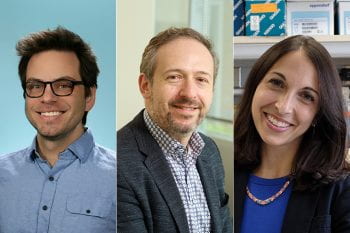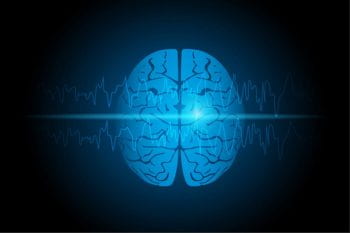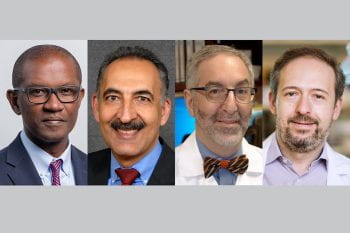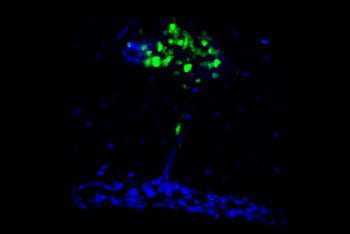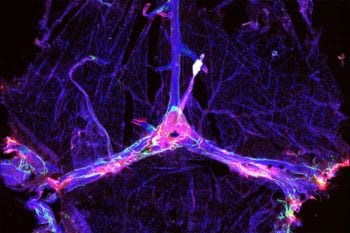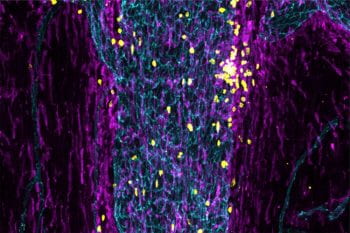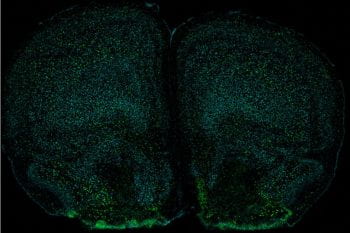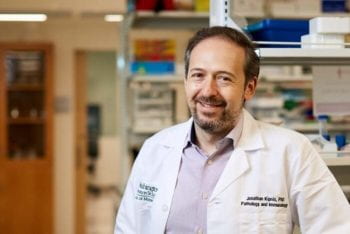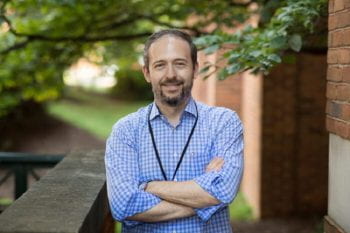As aging bodies decline, the brain loses the ability to cleanse itself of waste, a scenario that scientists think could be contributing to neurodegenerative conditions such as Alzheimer’s disease and Parkinson’s disease, among others. Now, researchers at Washington University School of Medicine in St. Louis report they have found a way around that problem by […]
Boosting brain’s waste removal system improves memory in old mice




